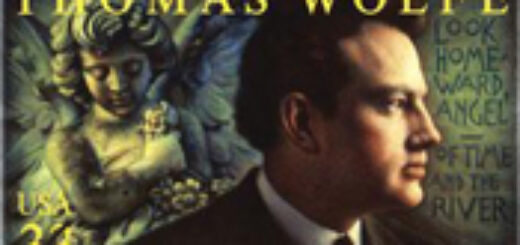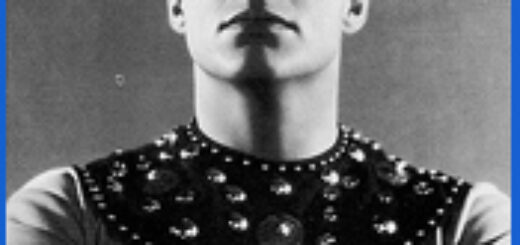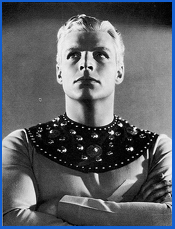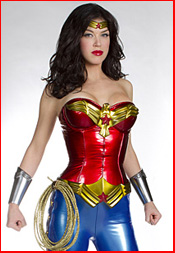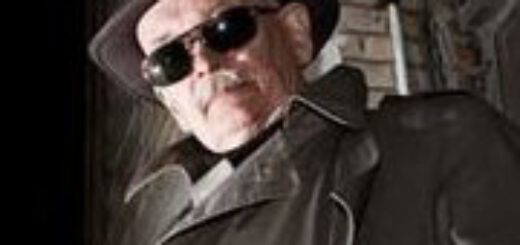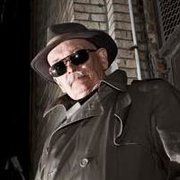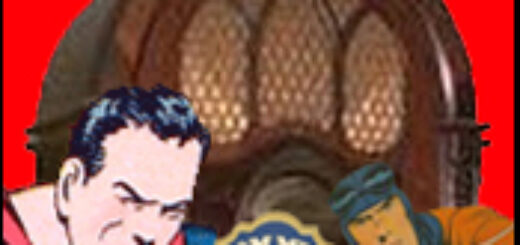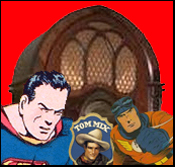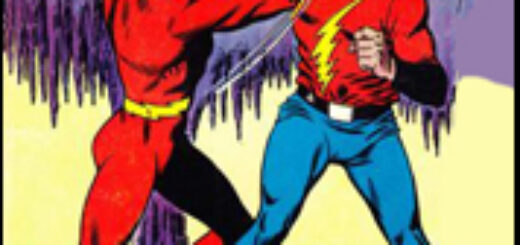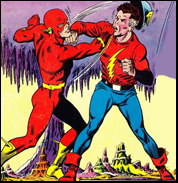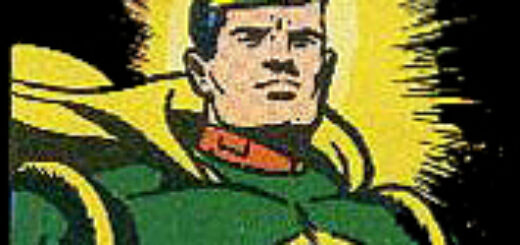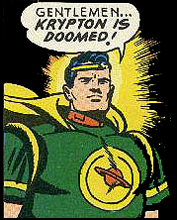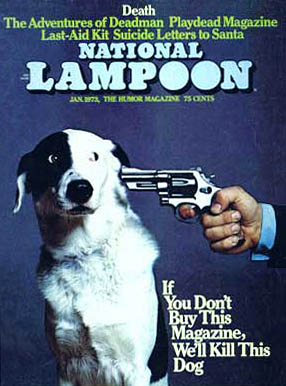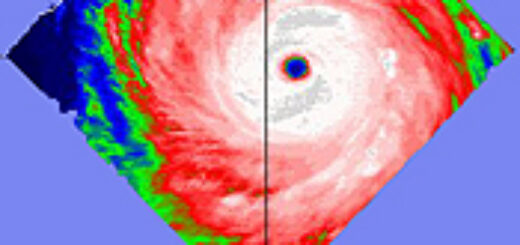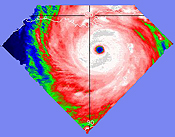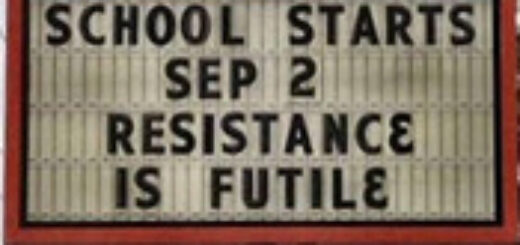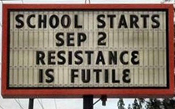DENNIS O’NEIL: The End Of Unending Stories?
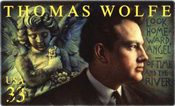 “You can’t go back home” Thomas Wolfe wrote in a novel and I cry, amen. When I return to visit relatives in Missouri, I find the city I left almost 50 years ago strange and, in places, unrecognizable – alien, even. And last week I visited DC Comics, my employer and sustainer for decades, and found it much changed, beginning with the entrance to the building and the security forces guarding the lobby. I was told that if I wanted to see the floor that once housed Mad Magazine, I’d better hurry because it was being gutted, and the corridors leading to where I had to be were cluttered with cardboard boxes.
“You can’t go back home” Thomas Wolfe wrote in a novel and I cry, amen. When I return to visit relatives in Missouri, I find the city I left almost 50 years ago strange and, in places, unrecognizable – alien, even. And last week I visited DC Comics, my employer and sustainer for decades, and found it much changed, beginning with the entrance to the building and the security forces guarding the lobby. I was told that if I wanted to see the floor that once housed Mad Magazine, I’d better hurry because it was being gutted, and the corridors leading to where I had to be were cluttered with cardboard boxes.
Maybe the whole experience was just a little forlorn?
But after a long and pleasant conversation with Dan DiDio, who honchos the company’s editorial department, I thought that perhaps the company is, in a modest, limited, yet quite good way going home again and we funny book aficionados will benefit.
The home that’s DC’s destination? Why, old comics. I mean, really old. Really old. Your grandpa’s comics, published before Marvel made continued stories the norm in the 60s. Stories of six, eight ten, maybe 12 pages, complete in one issue. (And a bunch of them in the – sigh – 52 page total package. Which cost a dime.)
An eight page story? A story even shorter than eight pages? Bizarre, you say?
No, not bizarre, Maybe even beneficial. Indulge me while I quote something I wrote a while back: Every story has to end with a lesson learned, an evil thwarted, a problem solved, a defeat, a triumph – some kind of resolution. The events of the story show how that resolution occurs. And if the writer doesn’t know how his story will end he can’t create a logical progression of scenes leading to that ending…writing an eight-pager forces the writer to know his ending before he submits the manuscript. (Except in rare cases, the beginning and end are in the same sheaf of pages, or email.)
So, knowing what his destination is, the writer can move toward it confidently instead of – brace for metaphors! – stumbling around the narrative thickets hoping to find a path. And limited length forces the writer to write only those scenes that move the plot along and this, in turn, tends to keep the story interesting: no pointless digressions to create ennui and yawns.
So: DC Comics is going to give us a glut of short fiction? No, of course not. But Dan told me that most story arcs would be limited to six issues – not exactly haiku territory, but not a completely open-ended narrative that will meander into the murk until somebody figures out how it might end, either. And writers must tell someone – probably an editor – something about the tale that’s to be told. Again, no making it up as you go along, with no clear plan on how the pieces will fit together.
Usually, I question looking to the past for answers. But every so often, answers might be found there. Don’t try to go home again, not permanently. But a now-and-then visit? To capture a bounty?
Recommended Reading: Pretty obvious, isn’t it? I should be recommending You Can’t Go Home Again, by Thomas Wolfe. But in the interest of keeping myself honest, or at least honestish, I try to read before I recommend, and if I’ve ever read Wolfe’s novel, it was long, long ago and I have no memory of it. So instead of recommending a book, let me recommend the author’s hometown. Last year, Mari and I toured Wolfe’s boyhood home in Asheville, S.C. while visiting Mars Hill College and found the house interesting, the school welcoming, and the city delightful.

